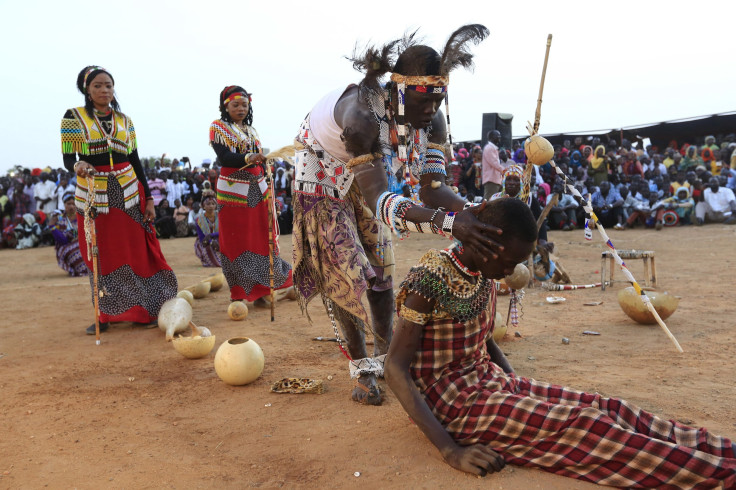Local beliefs tend to greatly influence how vulnerable African regions respond, adapt to climate change: Study

Shifting beliefs have been found in a new study to greatly influence how communities can respond to challenges relating to climate change. The study shows that parts of the world where religion is most important in daily life tend to be in greater vulnerability to climate change.
The study, published in Springer's journal Climatic Change, suggests experts must consider the local knowledge and beliefs in making plans to help people in vulnerable regions cope with climate change, and to avoid culturally insensitive interventions. Rural communities are still influenced by beliefs and traditional ecological knowledge established within an ancestral spirit-world.
The research team from universities in Malawi, Zambia and Ireland interviewed members of two rural communities in Africa to assess their ability to produce food and adapt to the impacts of climate change while holding multiple belief systems. The researchers asked the Bolero community in Malawi and Monze in Zambia which both have Christianity and traditional beliefs.
The researchers found good integration between traditional and Christian beliefs and practices in the Bolero community. Faith-based organisations were also found to contribute to help the community to understand the causes of climate variability in their area, previously associated with punishment from ancestral spirits.
However, in Monze community, there were tensions after livelihood decisions were made based on the practice of rain rituals. Christian religions believed traditional practices and worshipping of ancestral spirits are related to evil, while elders blamed younger generations for the recent failures of rainfall because of their lack of adherence to traditional beliefs.
Elders in both Bolero and Monze have raised concerns that the changing beliefs are influencing how people use traditional ecological knowledge management practices.
"Culture, when approached through the lens of religious beliefs and practices, plays an important role in adaptive capacity, but is not static," said Professor Olusegun Yerokun, co-author of the paper from the Mulungushi University. "The manner by which communities holding multiple belief systems are able to adapt is largely determined by the manner in which belief systems co-exist, and how different knowledge forms are valued, accepted and integrated."
Religious beliefs, according to the researchers, are an important element of culture. Over the past century, Christians have increased 70-fold and Muslims 20-fold in the vulnerable area such as sub-Saharan Africa.
"As climate services become the focus of research and government interventions in vulnerable regions, avoiding culturally and economically expensive mal-adaptation will require giving attention to the complexity and dynamism of such changing religious landscapes," said Conor Murphy of Ireland's Maynooth University.
Contact the writer at feedback@ibtimes.com.au or tell us what you think below.





















